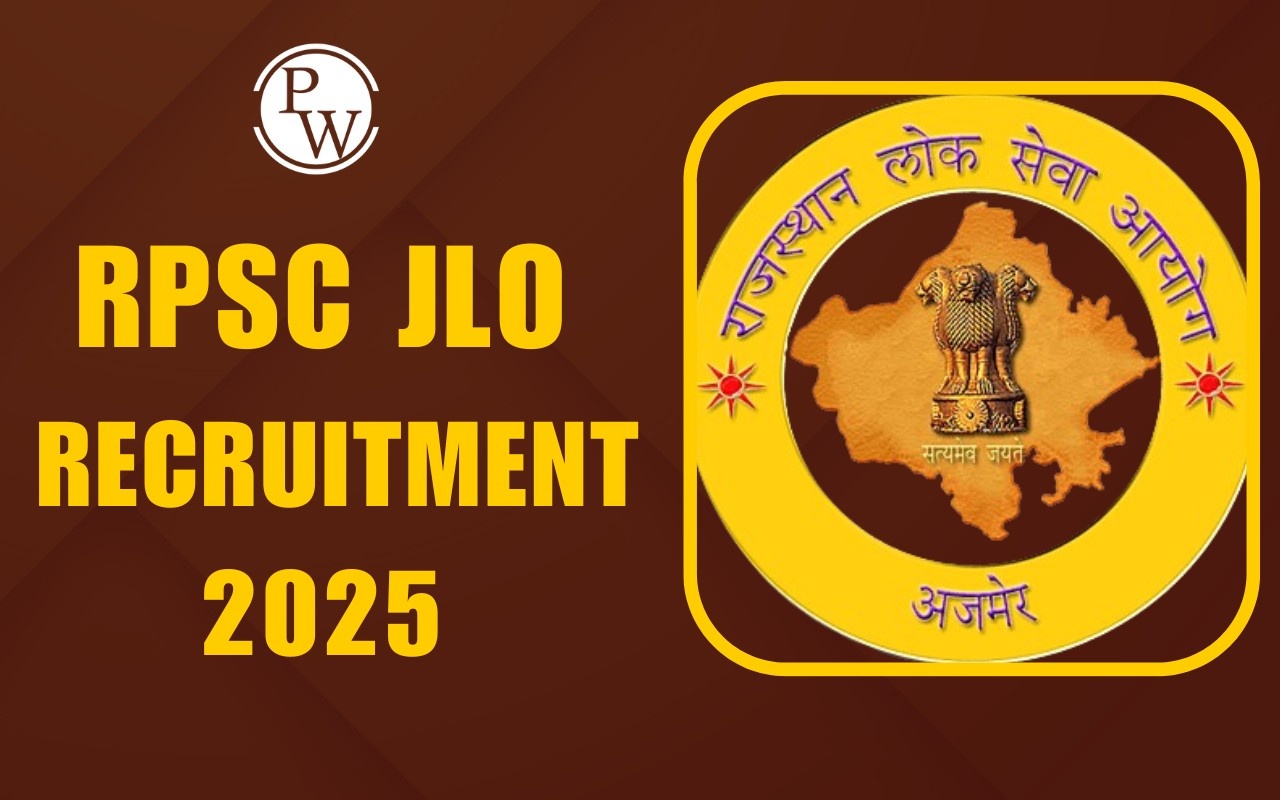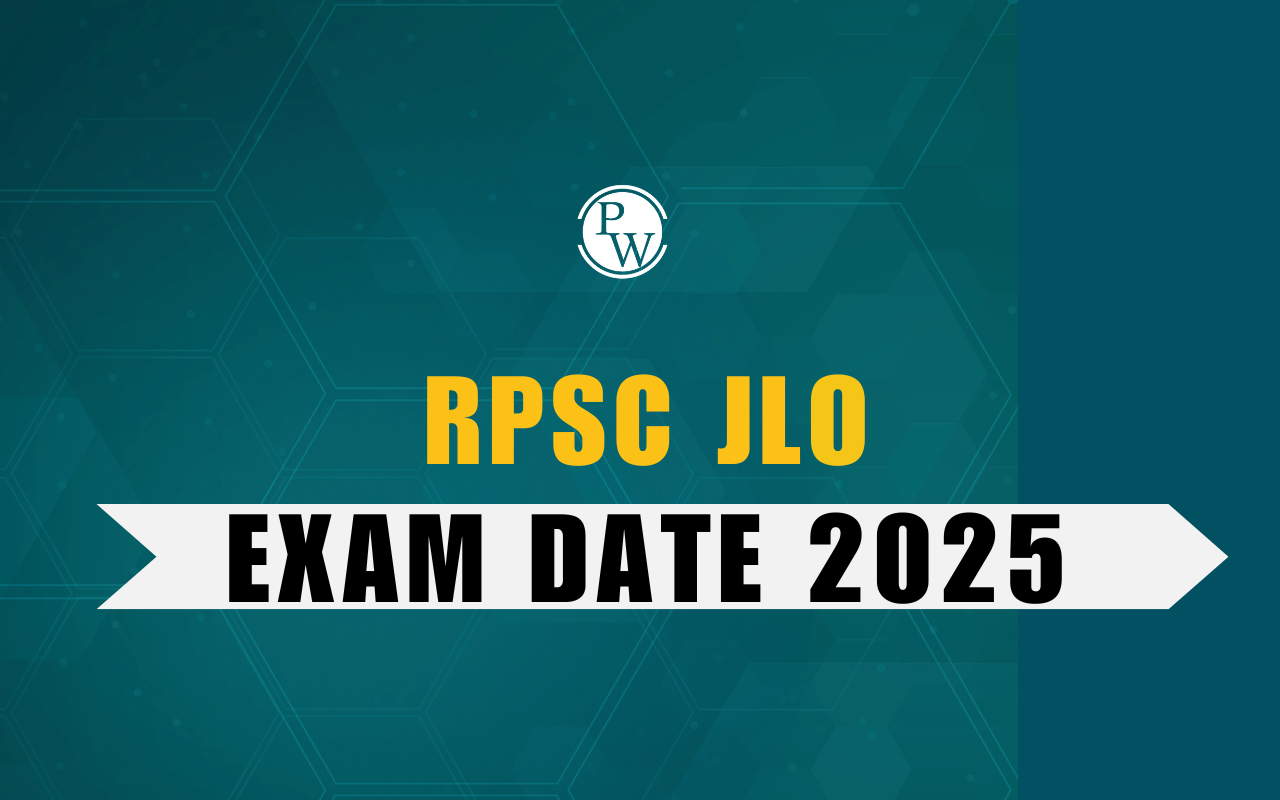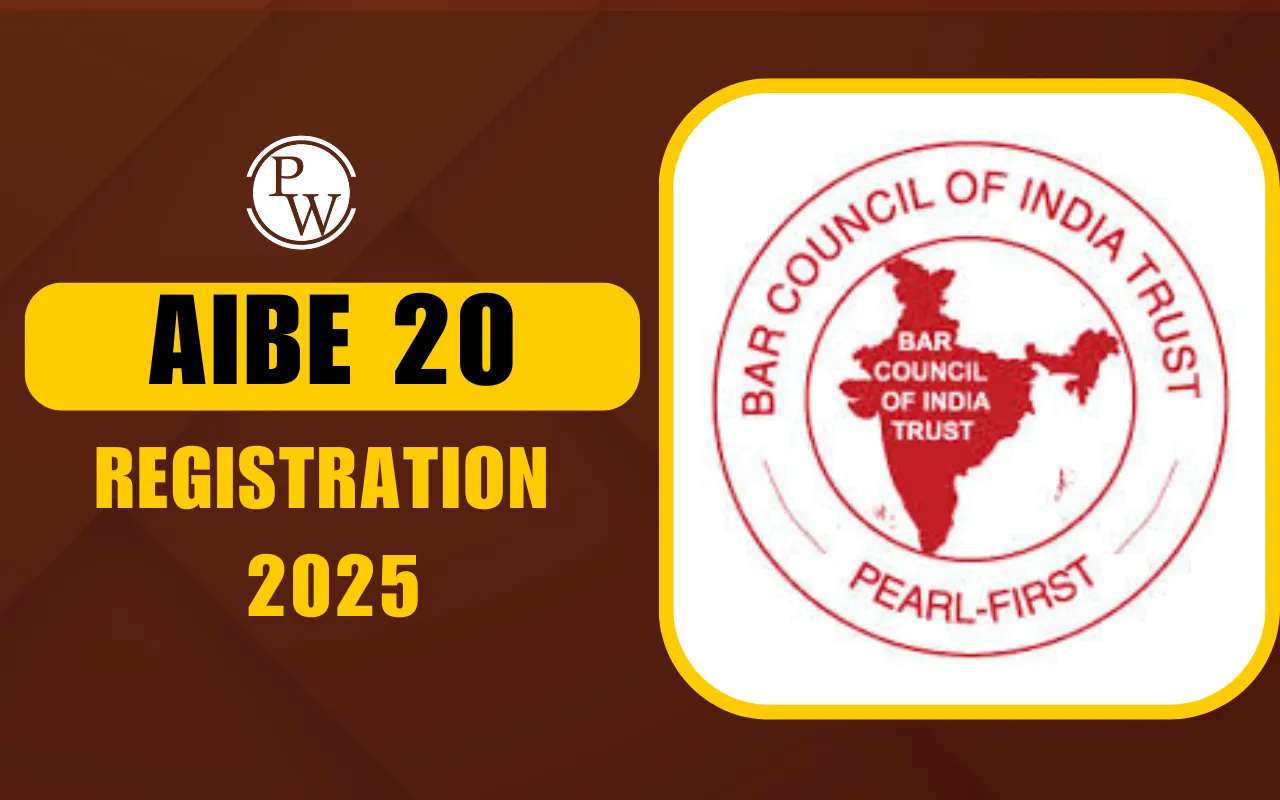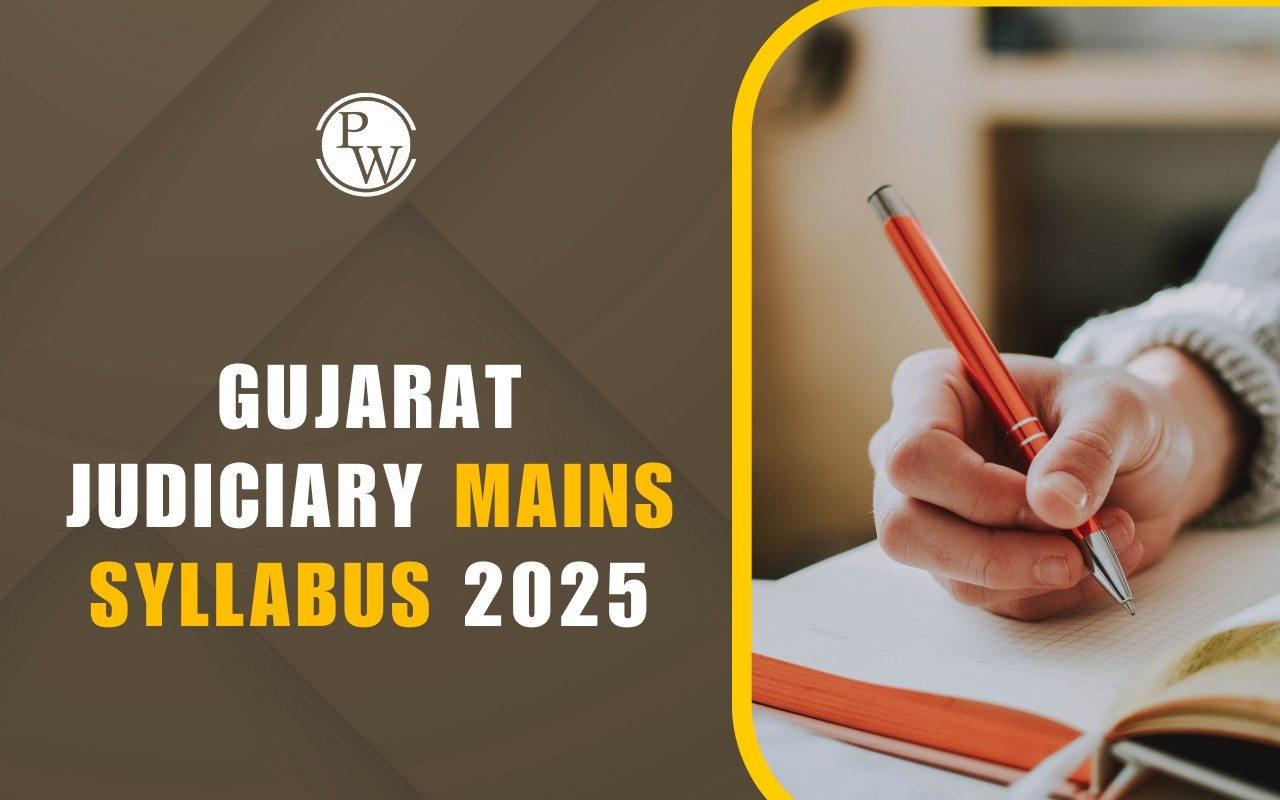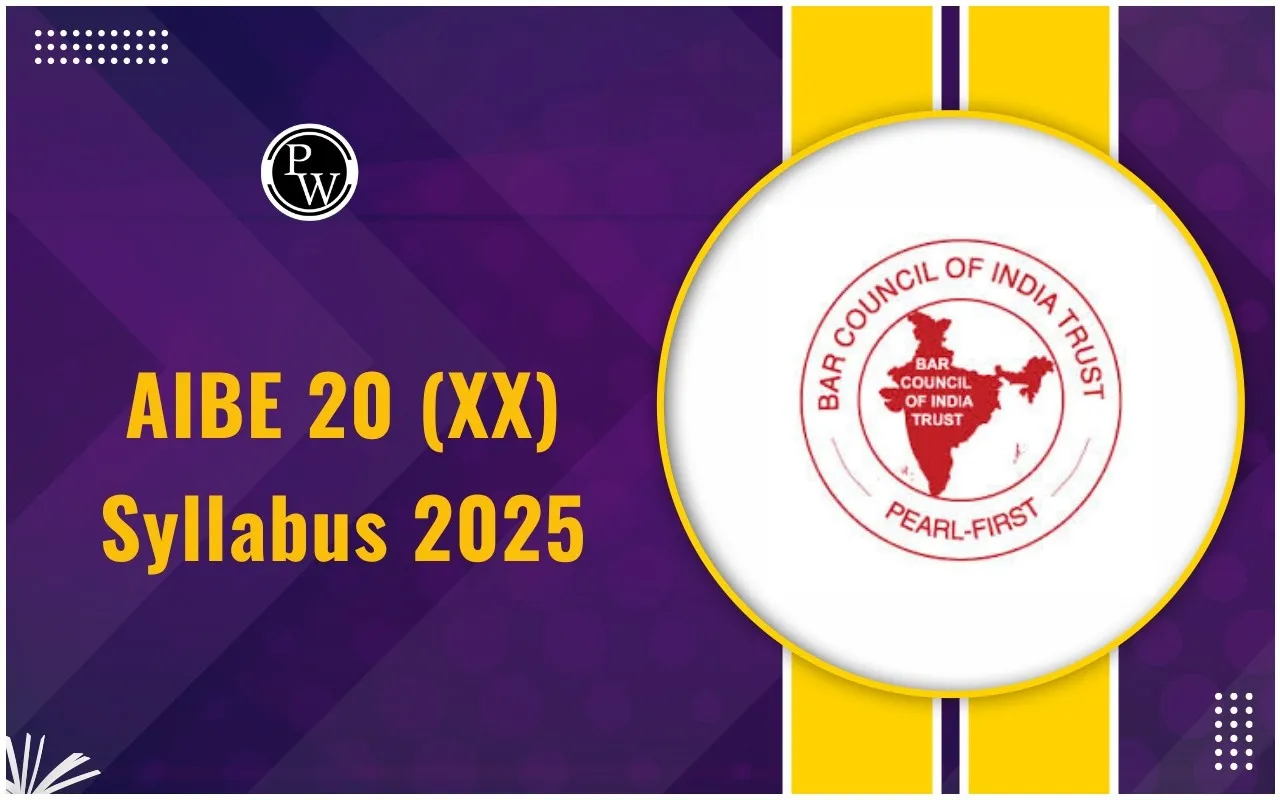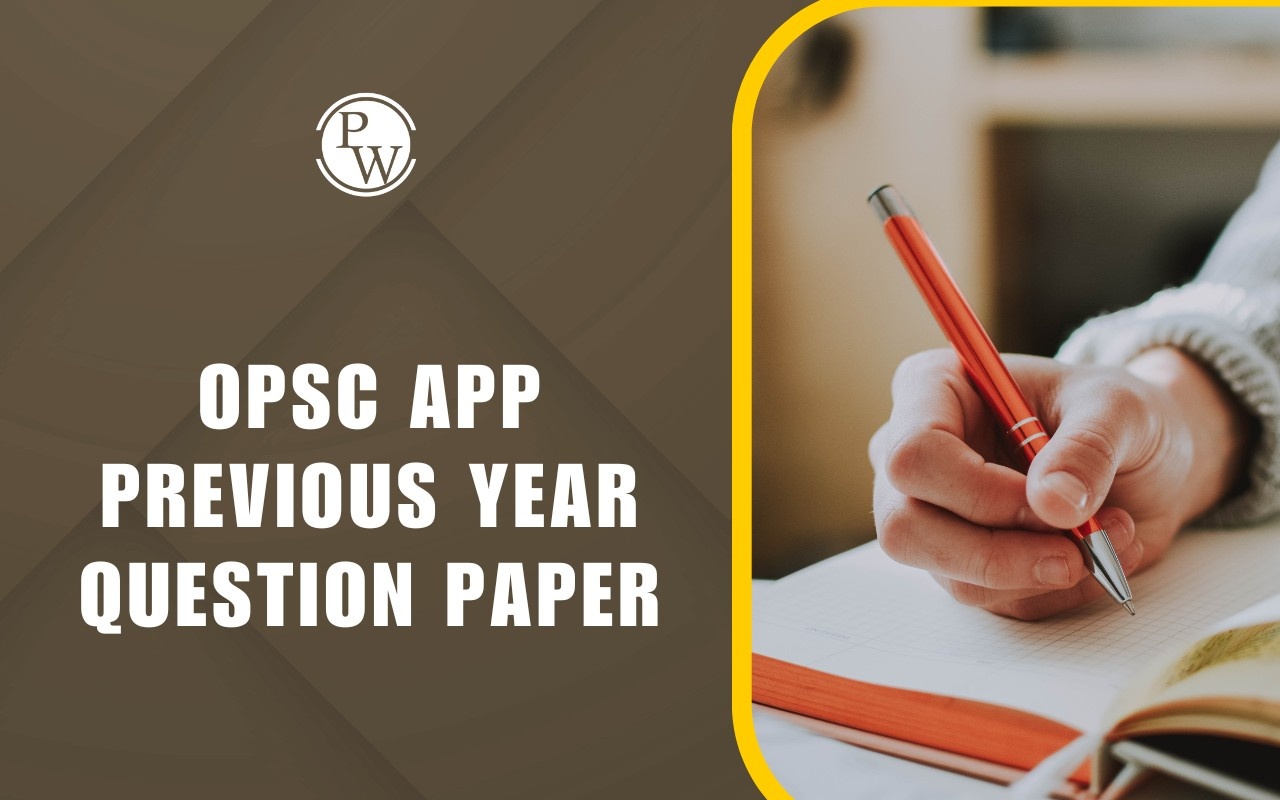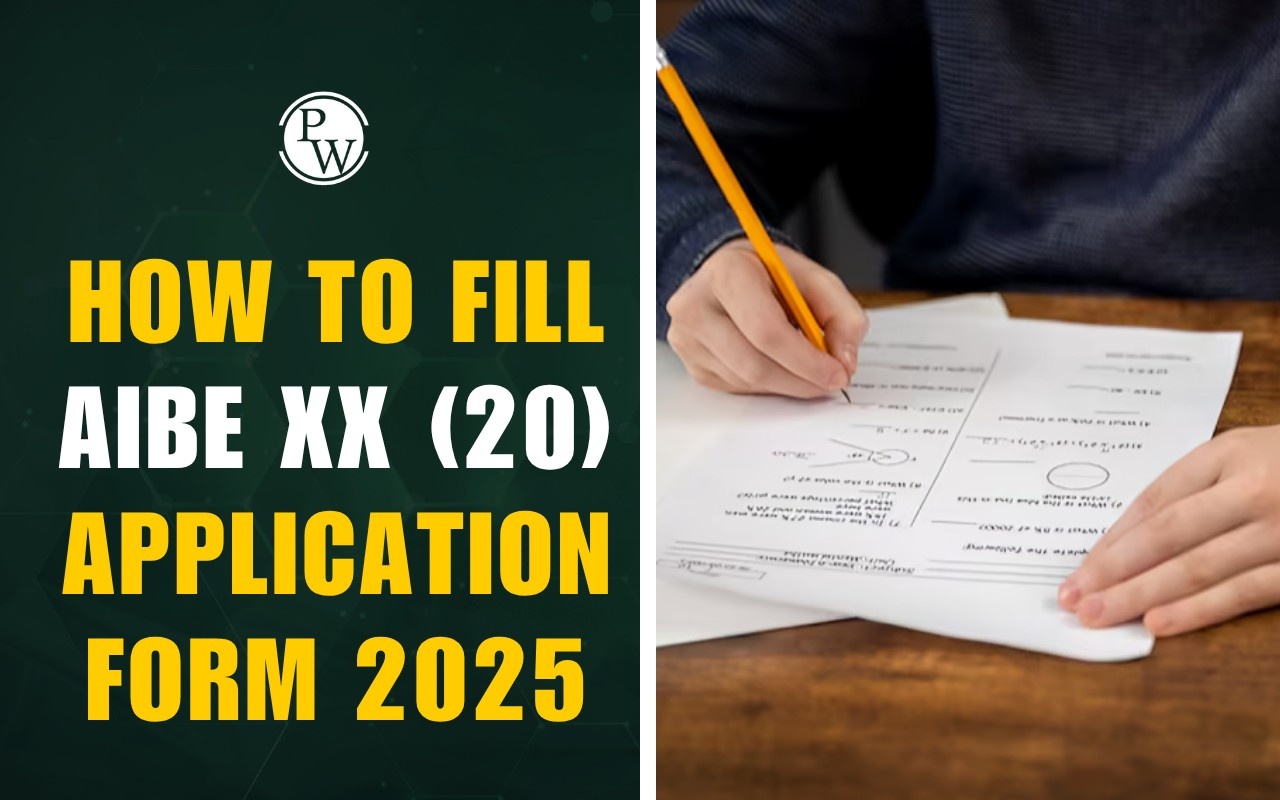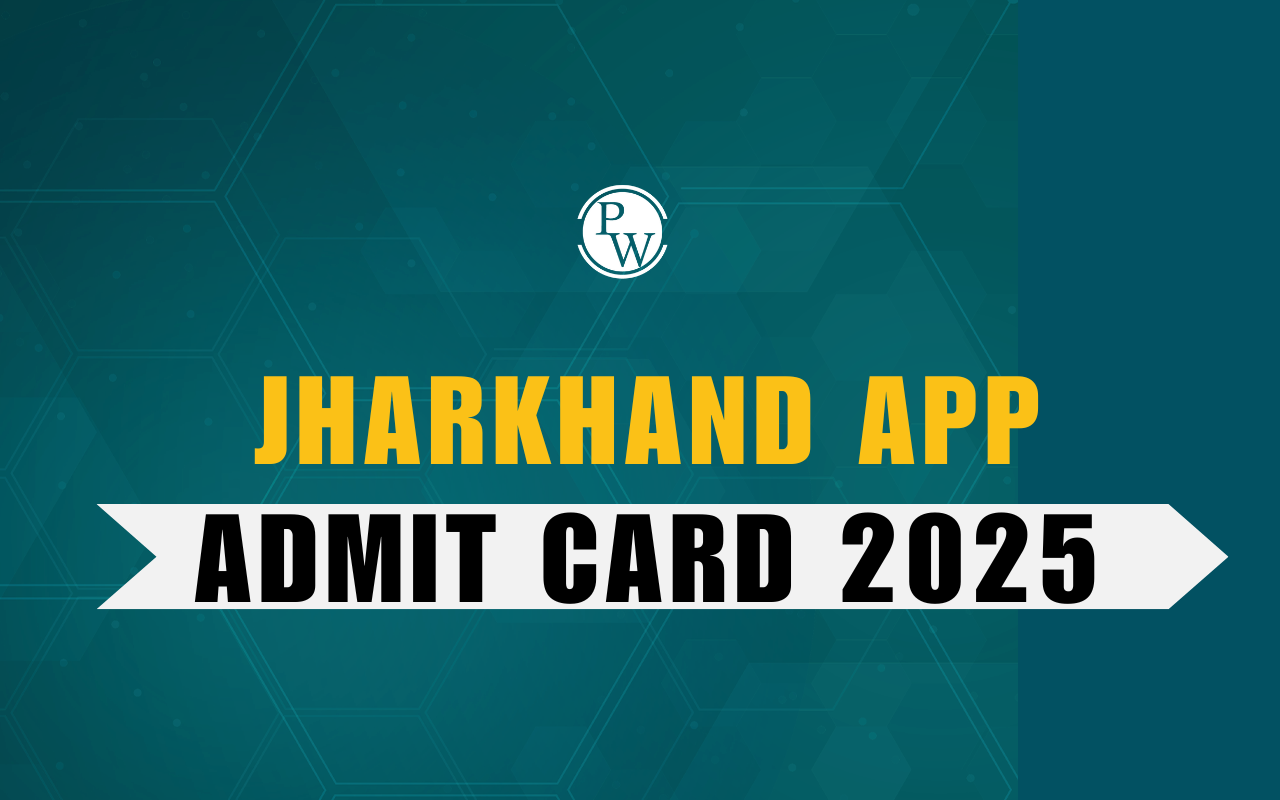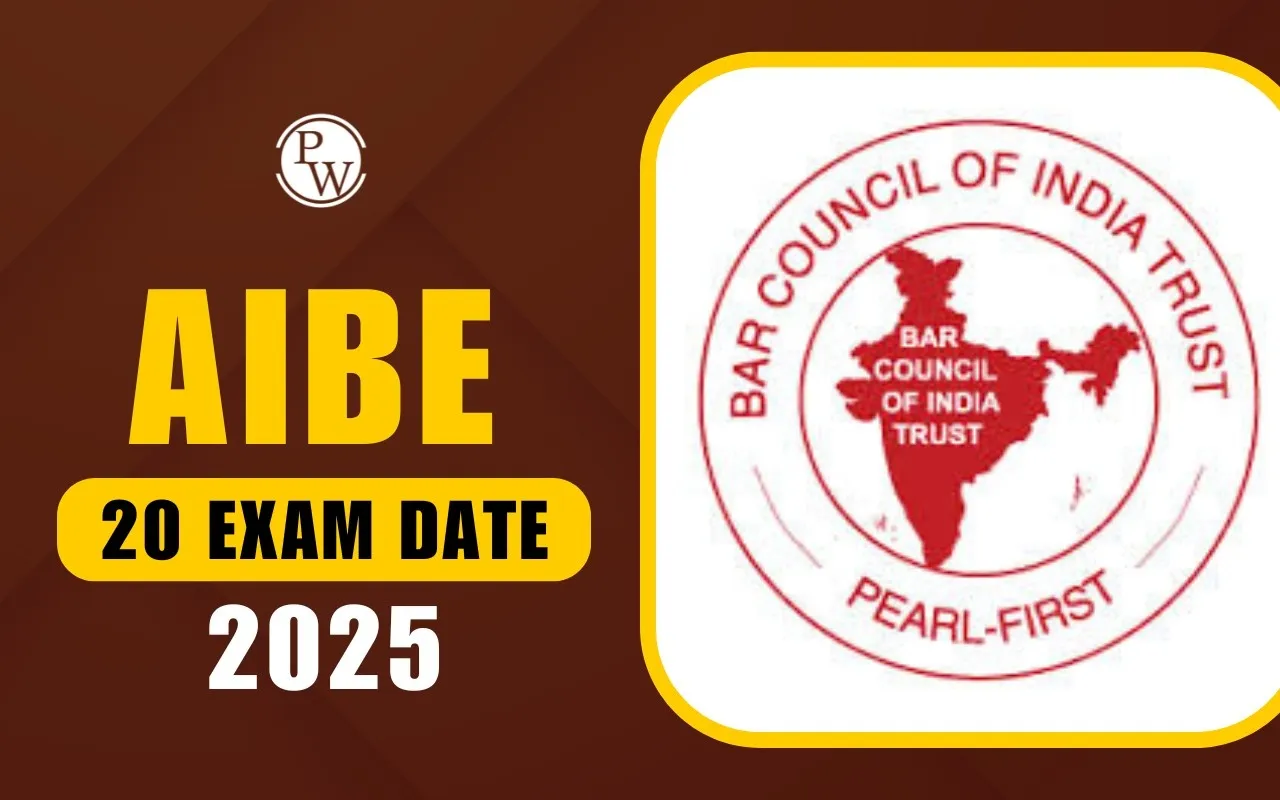
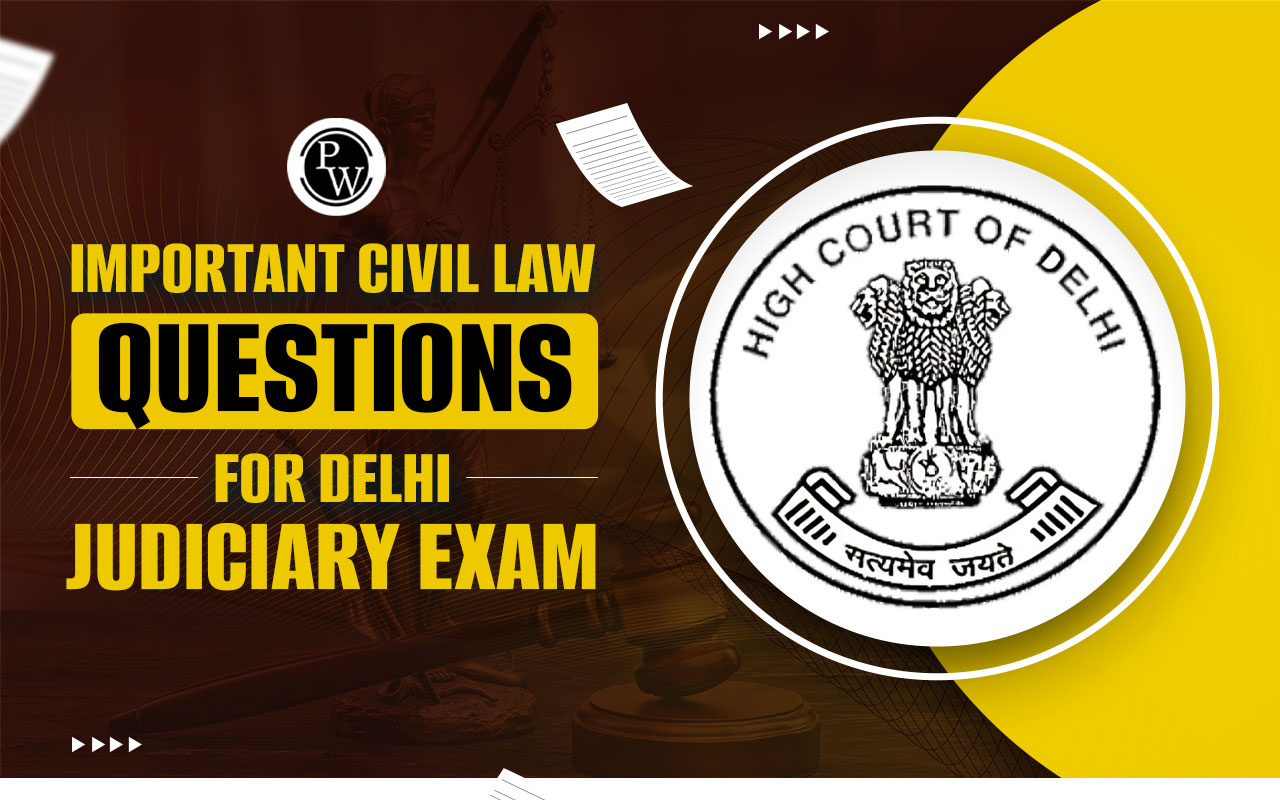
Important Civil Law Questions For Delhi Judiciary Exam 2024
Important Civil Law Questions For Delhi Judiciary Exam 2024: To do your best in the Delhi Judiciary Exam 2024, it's crucial to understand the main civil law topics. It's also helpful to know the kinds of questions you'll encounter in the civil law section of the exam. In this article, we'll cover a list of civil law subjects, key questions for the Delhi Judiciary Exam 2024, and tips for preparing for the civil law part of the exam. This information will help you study effectively and increase your chances of success on exam day.
List of Important Civil Law Topics
Here are some key subjects you need to know for the upcoming Delhi Judiciary Exam:
| Civil Law-I (200 Marks) | Civil Law-II (200 Marks) |
|---|---|
| Specific Relief Act | Law of Registration |
| Mohammedan Law | Civil Procedure Code |
| Indian Partnership Act | Law of Limitation |
| Hindu Law | |
| Indian Sale of Goods Act | |
| Law of Torts | |
| Indian Contract Act | |
| Delhi Rent Control Act |
Also Read: Delhi Judiciary Result 2024
Important Civil Law Questions for Delhi Judiciary Exam 2024 (Practice Questions)
To help you understand the type of questions asked in the exam, here are some important questions curated from previous year's Delhi Judiciary Question Papers:
Question 1: In the Hindu Marriage Act, 1955, where is 'Degrees of Prohibited Relationship' defined?
(a). Section 3 (b)
(b). Section 3 (c)
(c). Section 3 (e)
(d). Section 3 (g)
Answer: (d). Section 3 (g)
Explanation: Marriage within prohibited degrees is defined under Section 3 (g) of the Hindu Marriage Act, 1955. It includes relationships where one person is a lineal ascendant of the other.
Question 2: Which section of the Hindu Marriage Act, 1955 makes registration of marriage compulsory?
(a). Section 10
(b). Section 9
(c). Section 8
(d). Section 12
Answer: (c). Section 8
Explanation: Section 8 mandates the registration of marriages under the Hindu Marriage Act, 1955. It provides legal proof of marriage and empowers the State Government to make rules for registration.
Question 3: What is the status of a child born out of a voidable marriage under Hindu Law?
(a). Legitimate
(b). Illegitimate
(c). Illegal
(d). None of the Above
Answer: (a). Legitimate
Explanation: After the Amendment Act of 1976, a child born out of a voidable marriage under Hindu Law is considered legitimate under Sections 11 and 12 of the Hindu Marriage Act, 1955.
Question 4: Which condition is not a ground for divorce under the Hindu Marriage Act 1955?
(a). Apostasy
(b). Insanity
(c). Venereal Disease
(d). Epilepsy
Answer: (d). Epilepsy
Explanation: Epilepsy is not a ground for divorce under the Hindu Marriage Act, 1955. Section 1 (iv) specifies leprosy as grounds for divorce, not epilepsy.
Question 5: Is a marriage between a 28-year-old Hindu male and a 13-year-old female child valid?
(a). Valid
(b). Voidable
(c). Void
(d). Illegal
Answer: (c). Void
Explanation: According to Section 11 of the Hindu Adoption and Maintenance Act, the adoption of a girl by a boy requires a minimum age gap of 21 years, making this marriage void.
Question 6: In the case of Saroj Rani v. Sudarshan Kumar , which section of the Hindu Marriage Act, 1955 was held to be 'intra-vires' of the Constitution by the Supreme Court?
(a). Section 9
(b). Section 8
(c). Section 13
(d). Section 12
Answer: (a). Section 9
Question 7: What conditions render a marriage null and void under Section 11 of the Hindu Marriage Act, 1955?
(a). Incapacity to give valid consent due to unsoundness of mind.
(b). Parties being within the degree of prohibited relationship.
(c). One party being subject to recurrent attacks of insanity at the time of marriage.
(d). All of the above.
Answer: (b). Parties being within the degree of prohibited relationship.
Question 8: Which case is related to the concept of 'mental cruelty' as a reason for divorce?
(a). Sayal v. Sarla
(b). Dastane v. Dastane
(c). Rita Nijhawan v. Raj Kishan Nijhawan
(d). Rooplal v. Kartaro
Answer: (b). Dastane v. Dastane
Question 9: Under Hindu Law, what circumstances make a marriage voidable?
(a). Concealment of pre-marriage pregnancy by someone other than the petitioner.
(b). The marriage is not consummated.
(c). Marriage without valid consent due to unsoundness of mind.
(d). Both (a) and (c).
Answer: (d). Both (a) and (c).
Question 10: What is the correct order of priority of succession under Section 8 of the Hindu Succession Act, 1956?
(a). Class II heirs, Class I heirs, Agnates, Cognates
(b). Agnates, Cognates, Class II heirs, Class I heirs
(c). Class I heirs, Class II heirs, Cognates, Agnates
(d). Class II heirs, Class I heirs, Agnates, Cognates
Answer: (c). Class I heirs, Class II heirs, Cognates, Agnates
Question 11: Under Section 28 of the Hindu Marriage Act, 1955, what is the prescribed period of limitation for preferring an appeal?
(a). Thirty days
(b). Forty-five days
(c). Sixty days
(d). Ninety days
Answer: (d). Ninety days
Question 12: According to the Hindu Adoptions and Maintenance Act, 1956, can a boy of 15 years of age be validly adopted?
(a). By contract between parties.
(b). If customary usage permits.
(c). By consent of the father of the child.
(d). By consent of the mother of the child.
Answer: (b). If customary usage permits.
Also Read: Upcoming Judiciary Exams 2024
Question 13: Under what circumstances can the requirement of the mother's consent be dispensed with for giving a child in adoption by the Hindu father?
(a). If she has been declared to be of unsound mind by the court.
(b). If she has wholly and finally renounced the world.
(c). If she has ceased to be Hindu.
(d). All of the above.
Answer: (d). All of the above.
Question 14: According to the Hindu Adoption and Maintenance Act, 1956, from whom is a Hindu wife entitled to claim maintenance after the death of her husband?
(a). Her father-in-law.
(b). Her brother-in-law.
(c). Her husband's brother.
(d). Her father.
Answer: (a). Her father-in-law.
Question 15: Which of the following is not covered under the Hindu Minority and Guardianship Act, 1956?
(a). Schedule Tribes unless notified by the central government.
(b). Jains
(c). Renunciants of the Union Territory of Pondicherry
(d). Both (a) and (c) above
Answer: (d). Both (a) and (c) above
Question 16: In the case of Jijabai Vithalrao Gajre v. Pathan Khan , what principles were laid down?
(a). Dissolution of Marriage
(b). Succession
(c). Adoption
(d). Minority and Guardianship
Answer: (d). Minority and Guardianship
Question 17: What are the essential requirements of a Muslim marriage?
(a). Qabul only
(b). IJab only
(c). Both Qabul and Ijab
(d). None of these
Answer: (c). Both Qabul and Ijab
Question 18: During the term of 'Muta Marriage', who has the right to divorce?
(a). The wife only
(b). The husband only
(c). Both husband and wife
(d). Neither husband nor wife
Answer: (d). Neither husband nor wife
Question 19: In a Muslim marriage where the bride's age is below puberty but the guardian gave consent, the marriage is:
(a). Unlawful
(b). Voidable
(c). Void
(d). Irregular
Answer: (b). Voidable
Question 20: What is the status of a marriage between persons with a consanguinity relationship under Muslim Law?
(a). Sahih
(b). Fasid
(c). Batil
(d). None of these
Answer: (c). Batil
Question 21: According to Muslim Law, when does Iddat have to be observed?
(a). After the divorce by the husband only.
(b). After the death of the husband only.
(c). After both divorce by the husband and the death of the husband.
(d). None of the above.
Answer: (c). After both divorce by the husband and the death of the husband.
Question 22: Who has the right to divorce in the case of Divorce by Lian under Muslim Law?
(a). Wife only.
(b). Husband only.
(c). Both husband and wife.
(d). Neither husband nor wife.
Answer: (a). Wife only
Question 23: What portion of a Muslim's property can be distributed through a 'Will'?
(a). One-fourth of the property.
(b). One-third of the property.
(c). One-half of the property.
(d). Entire property.
Answer: (b). One-third of the property
Question 24: What is the legal status of a gift in Muslim Law if the donee dies before accepting the gift?
(a). Void
(b). Voidable
(c). Valid
(d). Convertible into Will
Answer: (a). Void
Question 25: When is prompt dower payable under Muslim Law?
(a). At the time of marriage.
(b). When demanded by the wife.
(c). At the death of the husband.
(d). At the time of divorce by the husband.
Answer: (b). When demanded by the wife
| Judiciary Other Related Topics | |
| Karnatak Judiciary Exam 2024 | Chhattisgarh PCS J Syllabus 2024 |
| Uttarakhand judiciary Syllabus | Punjab Judiciary 2024 |
Important Civil Law Questions For Delhi Judiciary Exam 2024 FAQs
Is Delhi judiciary exam tough?
How to prepare for Delhi Higher judiciary exam?
How to clear djs in first attempt?
What are the questions asked for judiciary exam?
What is the salary of Delhi judiciary?




